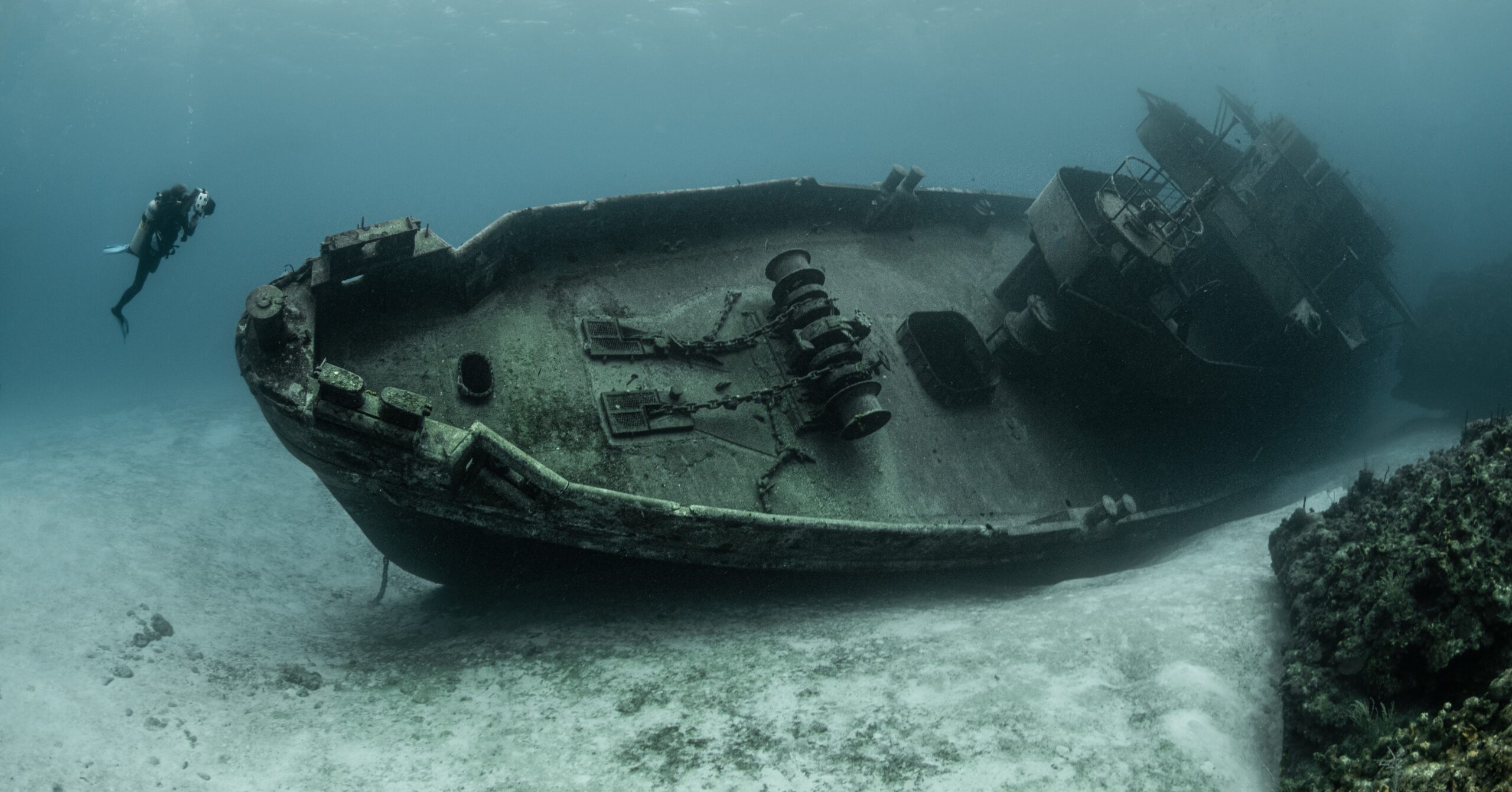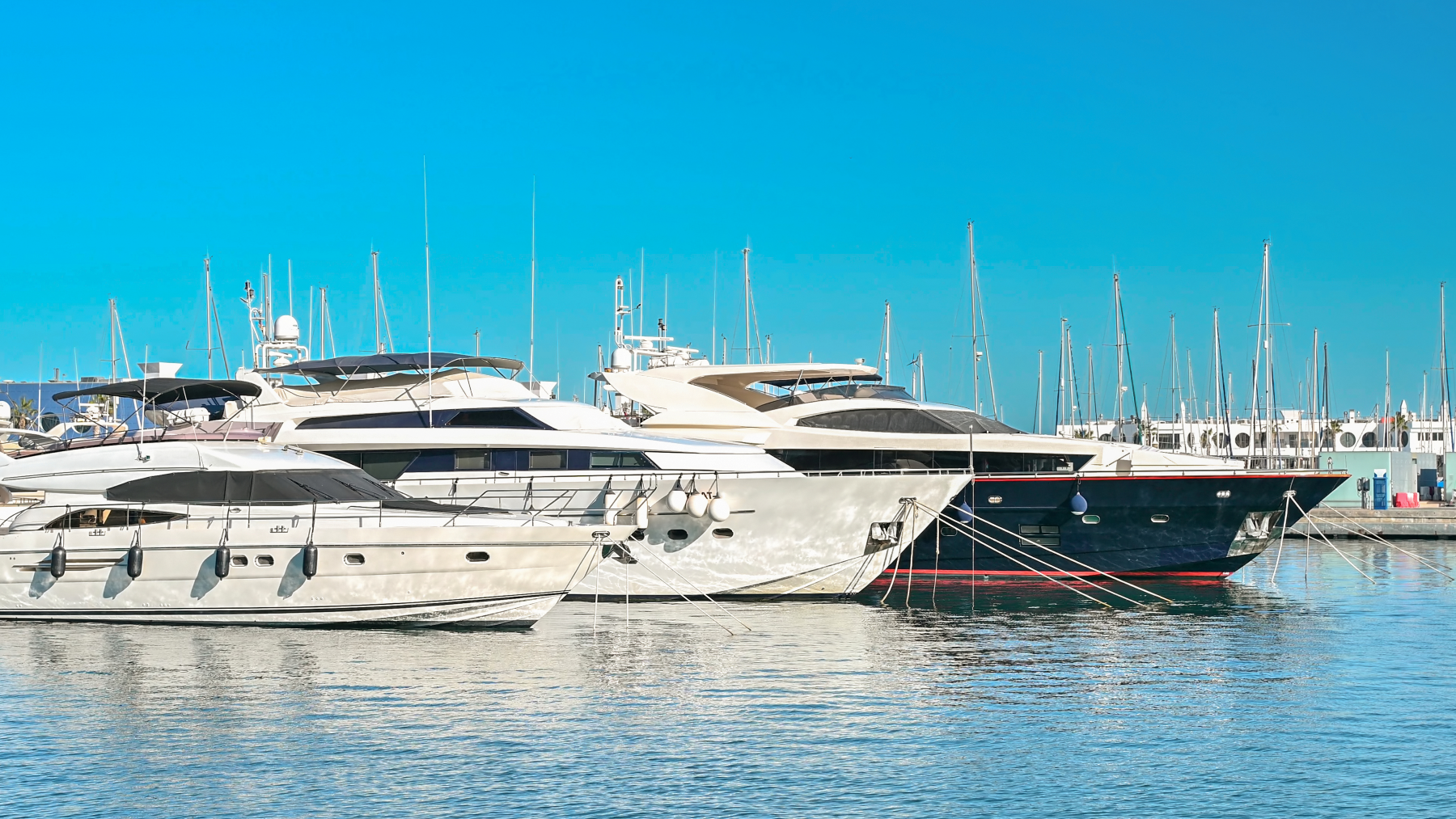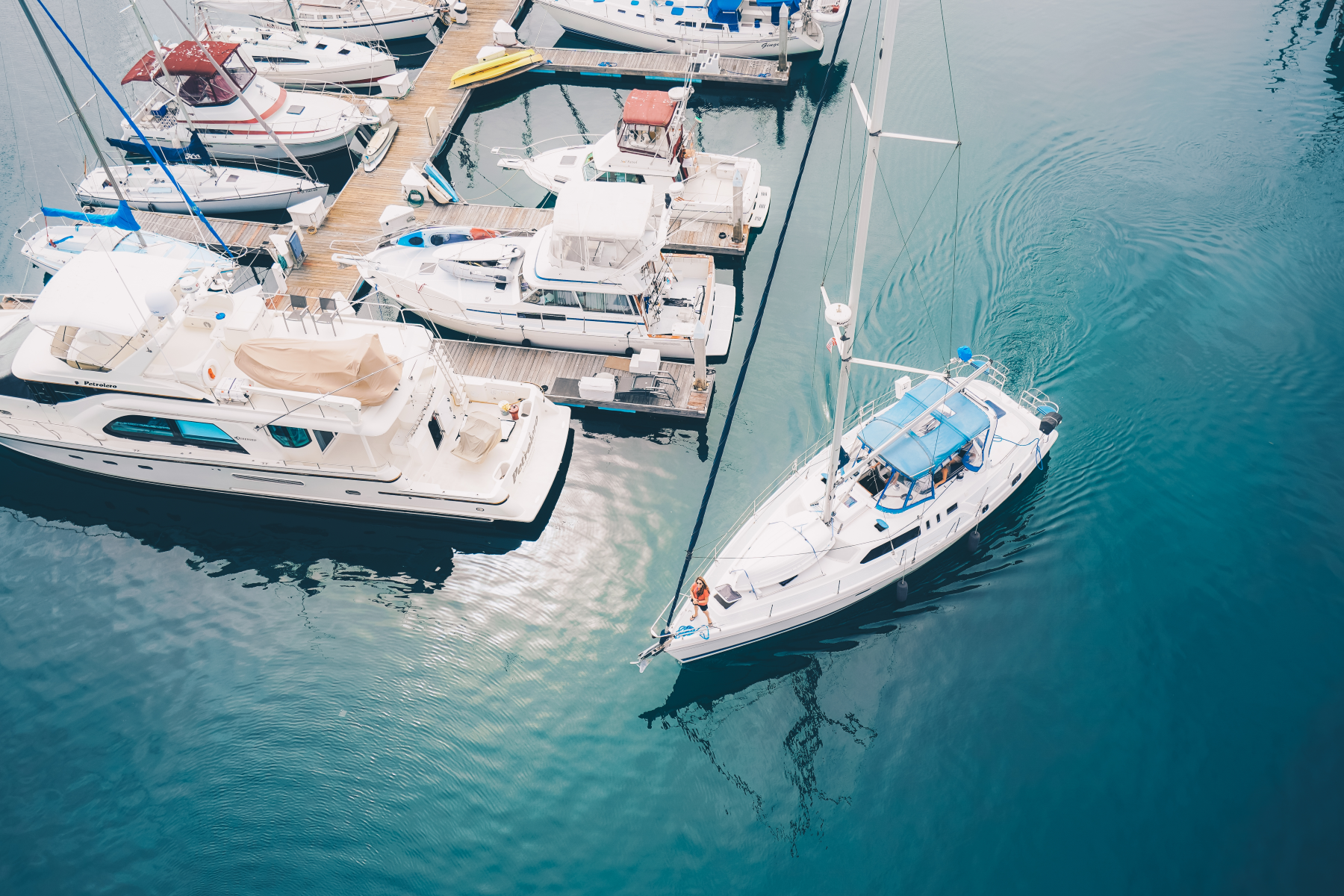Why leasing a large yacht is a different league
Superyachts always evoke strong emotions. They come with larger sums of money, greater luxury, but also more formalities and more responsibility.
But what exactly is a superyacht?
As lawyers, we have a weakness for definitions, but the term is not defined in Polish regulations. Conventionally, superyachts are considered to be vessels longer than 24 meters (80 feet). Typically, this category ends at 60 meters (197 feet), with anything larger considered a megayacht or simply a ship.
Although this article is applicable to yachts exceeding these limits, leasing a megayacht is a rarity. At least in the Polish market.
In Poland, the distinction between luxurious, large yachts and superyachts is reflected primarily in registration regulations.
There are two registration systems in place:
The rule is that a yacht with a Polish nationality and a hull length exceeding 24 meters must be registered in the ship registry.
Yachts with hull lengths up to 24 meters, on the other hand, are subject to registration in the simplified Reja24 registry.
The transfer of ownership of a superyacht
So, what happens with a superyacht? A superyacht, i.e., a vessel with a hull longer than 24 meters that is to sail under the Polish flag, must be entered into the ship registry. This, in turn, comes with additional formal requirements concerning the form of the sale of such a yacht.
If the yacht belongs to a Polish citizen residing in Poland or a Polish company, the contract for the transfer of ownership must be made in writing with notarized signatures.
This is very important when it comes to the form of leasing agreement, as we’ll see shortly.
How leasing a superyacht works
In practice, there are two basic types of leasing: financial and operational. The differences between them are significant particularly in terms of tax issues. However, from our perspective, what matters is that each of these types has different buyout terms.
Operational leasing is very similar to long-term rental. The main assumption of operational leasing is the use of the yacht rather than its buyout at the end of the lease. A buyout is usually possible, but it is not the goal of the agreement.
In financial leasing, the buyout is the default. Often, leasing contracts are structured in such a way that the sale of the leased item (in our case, the superyacht) happens automatically once certain conditions are met. The parties do not plan to enter into any additional agreements. An invoice is issued, and the matter ends there. But this is where the trap lies.
How does the buyout agreement for a superyacht look
To understand the agreement that concludes the lease, based on which you buy the superyacht, you should distinguish between two legal concepts:
- a binding contract,
- a contract transferring ownership under a condition.
A binding contract stipulates that after the lease ends, each party has additional obligations. These obligations include entering into a further contract (the buyout contract), and sometimes making additional statements within the timeframes defined by the contract.
On the other hand, a contract transferring ownership under condition assumes automatism. The obligation to transfer ownership and the terms of sale (including price) are already defined by the leasing agreement itself and possibly its annexes. Once the lease ends, the lessee simply receives an invoice documenting the purchase, and that’s all.
Which of these options is included in the leasing contract will determine what formal requirements need to be met by either the leasing agreement or the buyout agreement.
The “ownership transfer by invoice” trap
And here comes the question – what exactly is a VAT invoice?
Can I transfer ownership based on it? And ownership of a superyacht, at that?
A VAT invoice is simply an accounting document. It confirms the conclusion or execution of a contract, but it is not a contract itself. The invoice is issued by only one party to the contract, while a contract requires at least two parties.
Since the VAT invoice is not signed by both parties and only confirms the sale, ownership will definitely not transfer based on it. The invoice only confirms the transfer of ownership, which comes from the leasing agreement or another sales contract.
But for a superyacht, the transfer of ownership requires a written contract with notarized signatures.
Thus, both parties must sign such a contract at the presence of a notary. Otherwise, the transfer of ownership will simply be invalid.
What the Supreme Court says about this
In 2005, the Polish Supreme Court dealt with the form of contracts transferring ownership of ships registered in the registry (IV CK 108/05). While it ruled under the outdated Maritime Code of 1961, the provision it relied on in the new law remains the same.
The Supreme Court stated that, in practice, two viewpoints can be found:
- a contract obligating the parties to conclude another contract (a preliminary agreement) must be made in a special form (in our case, with signatures certified by a notary), and
- a binding contract does not need to be made in a special form – only the contract transferring ownership requires such a form.
Therefore, the Supreme Court, in my opinion quite rightly, concluded that the written form with notarized signatures applies only to those contracts that actually result in the transfer of ownership.
This requirement does not apply to contracts that merely oblige the parties or allow them to transfer ownership of the yacht.
And how does this affect leasing agreements? Well, it is very significant.
If the leasing agreement states that after the lease term, the parties will enter into a buyout agreement, then a regular written form is sufficient for that leasing agreement.
However, if there is an automatic buyout that does not require any additional agreement, the leasing agreement must be in writing with notarized signatures.
How to safely structure a buyout in a large yacht lease
In practice, determining what form the contract should take is not as simple as it may seem. A helpful clue may be determining whether the parties will enter into any additional agreements beyond the leasing contract.
Under Polish law, when assessing the significance of the contract, the wording is not the most important. What matters much more is what the parties intended to achieve – what their common purpose was.
So, if the parties intended to handle all formalities under one agreement and simply issue an invoice after paying the price, it must be regarded as a conditional sales contract. This means that such a superyacht leasing agreement requires a special form. On the other hand, if the parties expect that the end of the lease grants them the right to buy the yacht but will enter into another agreement, then the second agreement will need to have a special form.
Conclusion
The sale of a superyacht requires particular attention. Mistakes often occur at the stage of poorly drafted leasing agreements. Correcting these mistakes may not be easy and may require complex legal solutions that could have been avoided with a careful analysis of the leasing contract provisions.
And the consequences? Well… the most serious one could be the invalidity of the yacht’s transfer agreements by the lessee and the inability to deregister the yacht from the registry. Therefore, it is definitely worth preventing these issues in advance.




